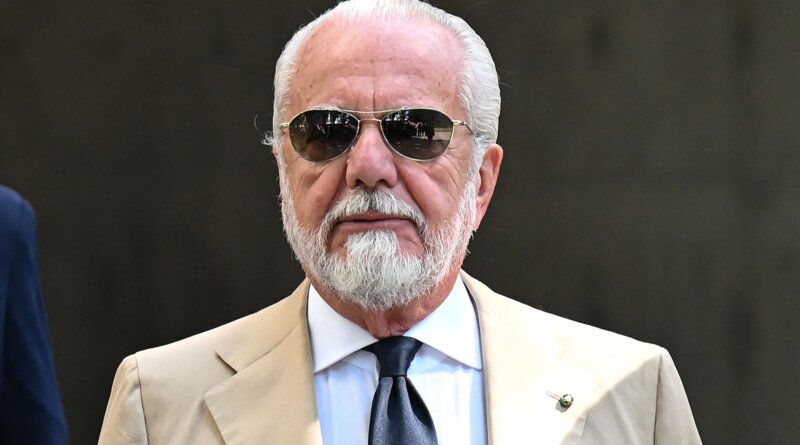Napoli President De Laurentiis Slams FIFA Over Injury Crisis
Napoli’s Aurelio De Laurentiis Criticizes FIFA and UEFA for Injury Woes
Napoli president Aurelio De Laurentiis has sharply criticized FIFA and UEFA for the mounting injury crisis affecting football clubs during international duty. His comments reignite the ongoing debate over club versus country priorities and the consequences of congested international calendars on player health, team performance, and competition integrity.
Serie A Champions Suffer Major Blows During International Breaks
Napoli’s campaign has been heavily disrupted by injuries sustained during international breaks. The latest setback came as key midfielder Andre-Frank Zambo Anguissa suffered a hamstring injury while training with Cameroon ahead of World Cup qualifiers. Anguissa, a pivotal figure under Antonio Conte with four goals in 10 Serie A appearances this season, is now ruled out for several months. This follows a similar situation in September, when defender Amir Rrahmani was sidelined for weeks after sustaining a muscle injury on Kosovo duty, only returning to action in November.
De Laurentiis Demands Reforms From Football’s Governing Bodies
In a passionate interview with Motore Italia, De Laurentiis voiced his frustration at the lack of consideration shown by FIFA and UEFA for club interests. “We can’t go on like this. When the championships are on, I have to get to the end without interruptions. We need fewer teams, fewer matches,” he asserted. De Laurentiis went further, demanding new measures: “Players earn their salary from the club, and we should decide if they go to the national team. If they get injured, there must be compensation and a reopened transfer window.” He accused football’s governing bodies of prioritizing international competitions at the expense of domestic leagues.
Other Clubs Echo Napoli’s Concerns
Napoli’s predicament mirrors issues faced across Europe. Barcelona’s prodigy Lamine Yamal recently withdrew from Spain’s squad with injury, sparking tensions between the club and the Spanish Football Association (RFEF). The RFEF expressed surprise at the timing and communication of his withdrawal, highlighting the disconnect between national teams and clubs regarding player welfare. Similarly, Paris Saint-Germain have seen Ousmane Dembele ruled out for weeks after playing for France, intensifying disputes over player usage.
Impact on Napoli’s Title Defence
The injuries have directly affected Napoli’s form. After a strong start to their Serie A title defence, Conte’s side have failed to win in their last two outings and now sit fourth in the league. Their slip allowed Inter Milan to overtake them at the top, with Napoli two points adrift after eleven matches. With Anguissa and others missing, the squad faces further challenges as they return to face Atalanta on November 22 in a crucial match that could define their title ambitions.
Club vs. Country: The Ongoing Debate
The increasing frequency of injuries on international duty has intensified calls for reform. Club managers and executives argue that the unrelenting match schedule places undue physical stress on players, jeopardizing club campaigns and the careers of top talents. Suggestions have included fewer international fixtures, more robust compensation for injured players, and even giving clubs more authority over whether their players participate in national team matches.
Will Governing Bodies Listen?
Despite such demands, FIFA and UEFA have shown little willingness to alter the international football landscape. Both organizations maintain that international competitions are essential for the global growth of the sport, but the tension between club and country remains unresolved. As injuries mount and tempers flare, the pressure on football’s authorities to balance commercial interests with player welfare grows.
Opinion: Time for a New Approach to Protect Players
It’s clear something has to change. De Laurentiis’s demand for additional transfer windows and compensation is both reasonable and overdue. Clubs invest heavily in players, and the current system unfairly burdens them with the consequences of an overloaded schedule. For football to thrive, there must be a meaningful collaboration between clubs and governing bodies—otherwise, the quality and integrity of both domestic and international competitions will continue to suffer.
For more updates on this story and other developments across world football, visit our homepage for more news.
Your global gateway to nonstop football coverage:
News Goal
Share this content:

